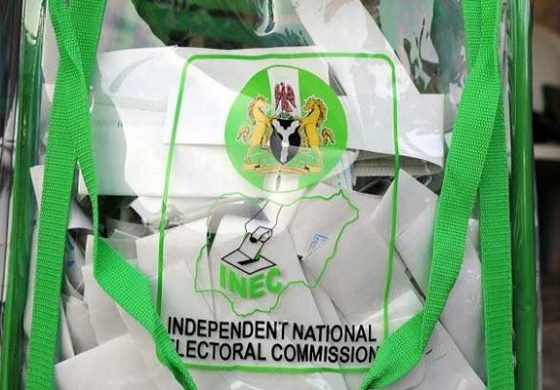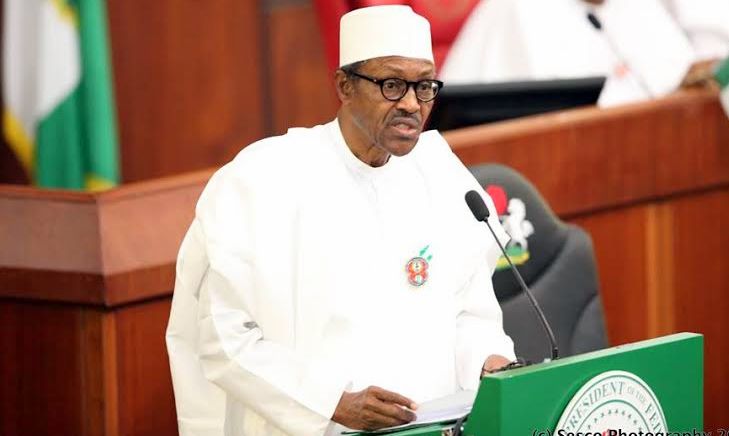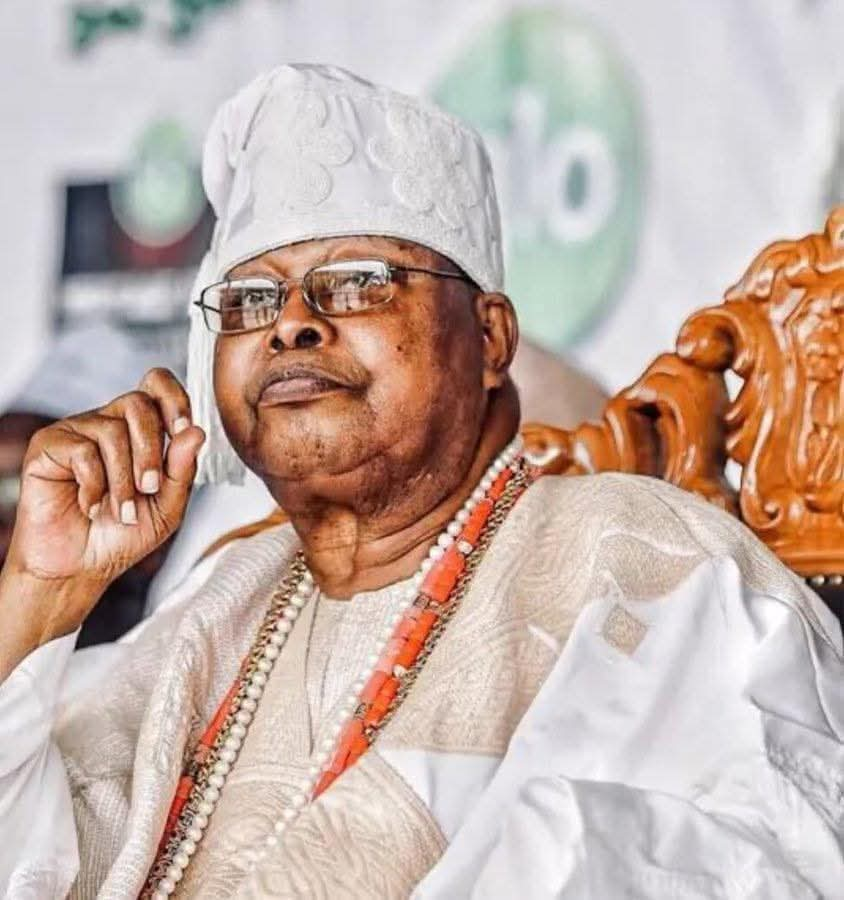Ahead of the 2019 general elections, the Independent National Electoral Commission (INEC) has vowed to apply appropriate sanctions against political parties or candidates who flout the campaign spending laws.
The commission however said it can only swing to work when it gets evidence against the defaulters.
According to INEC, while parties are in possession of the electoral law and INEC guidelines, they are aware of the measures the commission can take to sanction those who err.
The commission however added that so far, it has not seen any evidence that suggests that candidates or parties have flouted the campaign funding guidelines in the buildup to the Anambra State governorship election.
INEC stated this against the backdrop of the perception that it lacked the political will to investigate and sanction political parties and candidates who disobey the laws and guidelines for campaign funding and spending.
Speaking exclusively to LEADERSHIP, the chief press secretary to INEC chairman, Rotimi Oyekanmi, stressed that the commission will not hesitate to apply appropriate sanctions against defaulters in 2019 when it gets evidence of wrong doings by parties and candidates regarding campaign expenses.
Recently, INEC chairman, Prof Mahmood Yakubu, at a statutory quarterly consultative meeting with political parties, decried the failure of most political parties that contested the 2015 general election to submit their campaign spending to the commission.
Section 91 of the Electoral Act 2010 as amended provides that a presidential candidate can spend a maximum amount of N1 billion, while a governorship candidate can spend a maximum amount of N200 million.
The Electoral Act also provides that a senatorial candidate can spend only a maximum amount of N40 million, while a House of Representatives candidate can spend a maximum amount of N20 million.
For State House of Assembly election, the Act sets the limit of N10 million, while local government chairmanship and councillorship elections have limits of N10 million and N1 million respectively.
Oyekanmi said, “INEC does not lack the political will to address the issue. But for the Commission to pursue a case there must be evidence. It is only when we get that evidence that we will be in the position to act decisively.
“The Commission holds quarterly consultative meetings with Political parties where issues of mutual interest are discussed. Of course, parties are in possession of the Electoral Law and INEC Guidelines and there are measures the Commission can take to sanction erring parties”.
On the Anambra governorship election, the chief press secretary stated that he is not aware of any party or individual that has operated in breach of the campaign spending.
“With regard to the upcoming Anambra Governorship election, the rules are the same. I am not yet aware of any party or individuals flouting the extant laws on campaign funds” he added.





